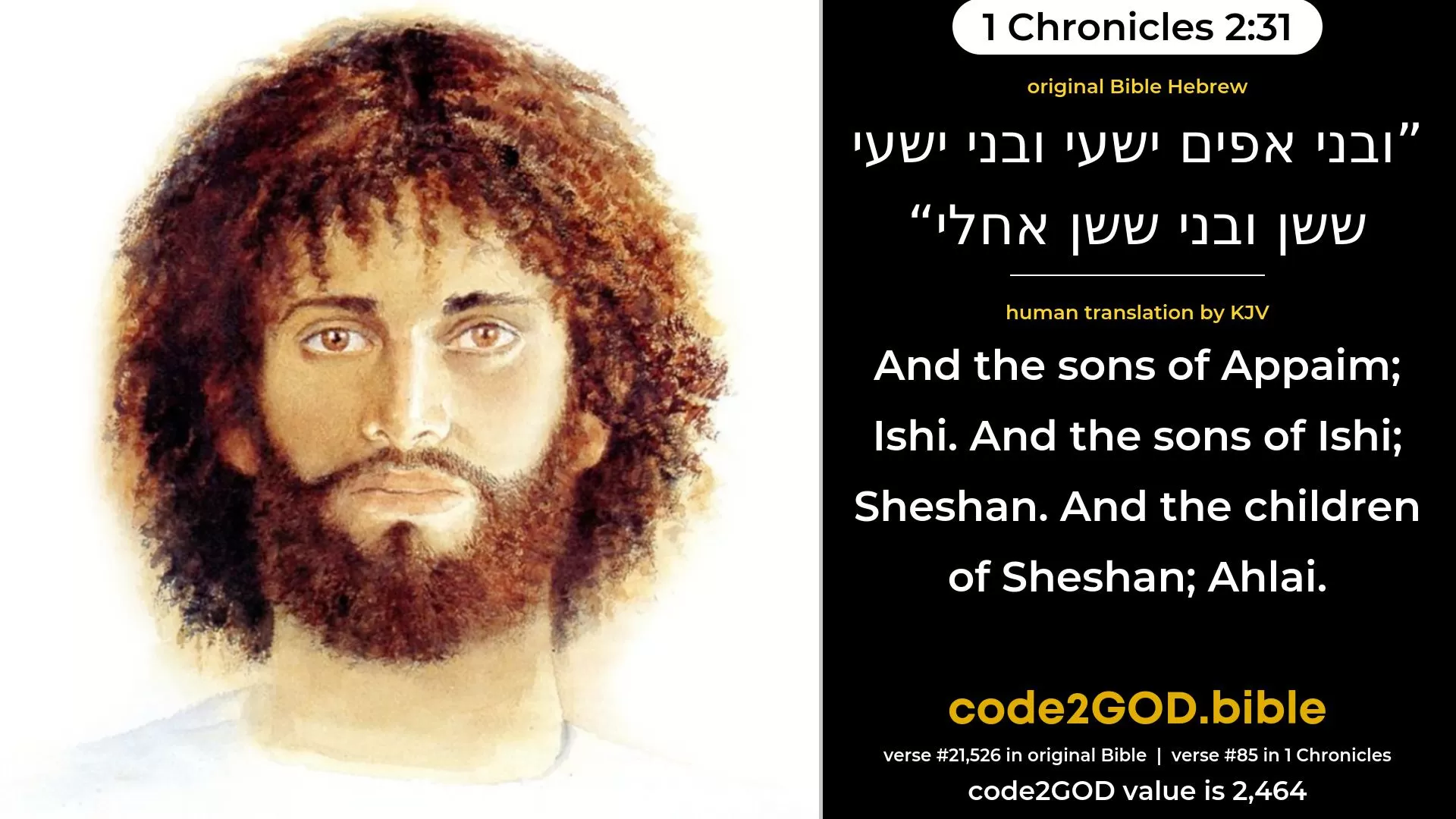Who is Ishi in the Bible? This intriguing question often sparks curiosity and prompts a deeper exploration into the biblical narrative. Understanding the significance of Ishi can provide valuable insights into themes of relationship, redemption, and restoration found throughout the scriptures.
In this blog post, we will delve into the story of Ishi as it is portrayed in the Bible, uncovering the profound symbolism and spiritual lessons it holds for us today. By gaining a clearer understanding of who Ishi is and the role he plays in the biblical narrative, we can gain a deeper appreciation for the love and faithfulness of God towards His people. Join us on this journey of discovery as we uncover the hidden treasures of Ishi in the Bible.
Ishi in the Bible: Exploring the Identity and Significance of this Enigmatic Figure
Who is Ishi in the Bible
In the Bible, the name “Ishi” carries significant meaning and symbolism. The term “Ishi” is of Hebrew origin and translates to “my husband” or “my man.” It is used in the Book of Hosea in the Old Testament, specifically in Hosea 2:16, where it signifies a restoration of the relationship between God and His people.
The prophet Hosea uses the metaphor of marriage to depict the covenant relationship between God and Israel. Throughout the book, Hosea describes how Israel had turned away from God and engaged in spiritual adultery by worshiping false gods. Despite their unfaithfulness, God promises to restore His relationship with them, referring to Himself as “Ishi,” emphasizing His role as the faithful husband.
The use of the term “Ishi” conveys a sense of intimacy, love, and faithfulness in the divine-human relationship. It signifies God’s desire for a close and personal connection with His people, akin to the bond between a husband and wife. Through this metaphor, Hosea highlights the enduring commitment and steadfast love of God, even in the face of human infidelity.
Overall, the reference to “Ishi” in the Bible serves as a poignant reminder of God’s unwavering devotion to His people and His willingness to forgive and reconcile with them. It underscores the depth of God’s love and His relentless pursuit of a restored relationship with humanity.
Is Ishi a name of God?
Yes, “Ishi” is a name of God mentioned in the Bible. It is found in the Old Testament Book of Hosea, specifically in Hosea 2:16, where God refers to Himself as “Ishi“, which means ‘my husband’ in Hebrew. This name symbolizes the intimate and loving relationship between God and His people.
What is the meaning of Ishi?
In the context of the Bible, the name “Ishi” has a significant meaning. In Hebrew, “Ishi” means “my husband” or “my man.” This term is used symbolically in the Bible to represent the intimate and loving relationship between God and His people. Hosea 2:16 says, “And it shall be at that day, saith the LORD, that thou shalt call me Ishi; and shalt call me no more Baali.” This verse illustrates the change from a master-servant relationship (Baali) to a relationship of love and intimacy (Ishi) that God desires to have with His people.
What does the name Ish mean in the Bible?
In the Bible, the name Ish means “man” or “human.” It is often used as a prefix in names to signify that the person is a man. For example, Ishmael means “God hears,” and Ishmaiah means “God hears/is salvation.” The name Ish is of Hebrew origin and is commonly seen in various Old Testament names.
Who was Baali in the Bible?
In the Bible, Baali was another name for the Israelite god, Yahweh. The name Baali means “my master” or “my husband” in Hebrew. However, due to its association with the Canaanite god Baal, which was considered a false god, the name Baali fell out of favor among the Israelites. In the book of Hosea in the Old Testament, it is mentioned that Yahweh instructed the prophet Hosea to no longer call Him Baali, but rather to call Him “Ishi,” which means “my husband.” This change reflected the Israelites’ desire to distance themselves from the worship of false gods like Baal.

